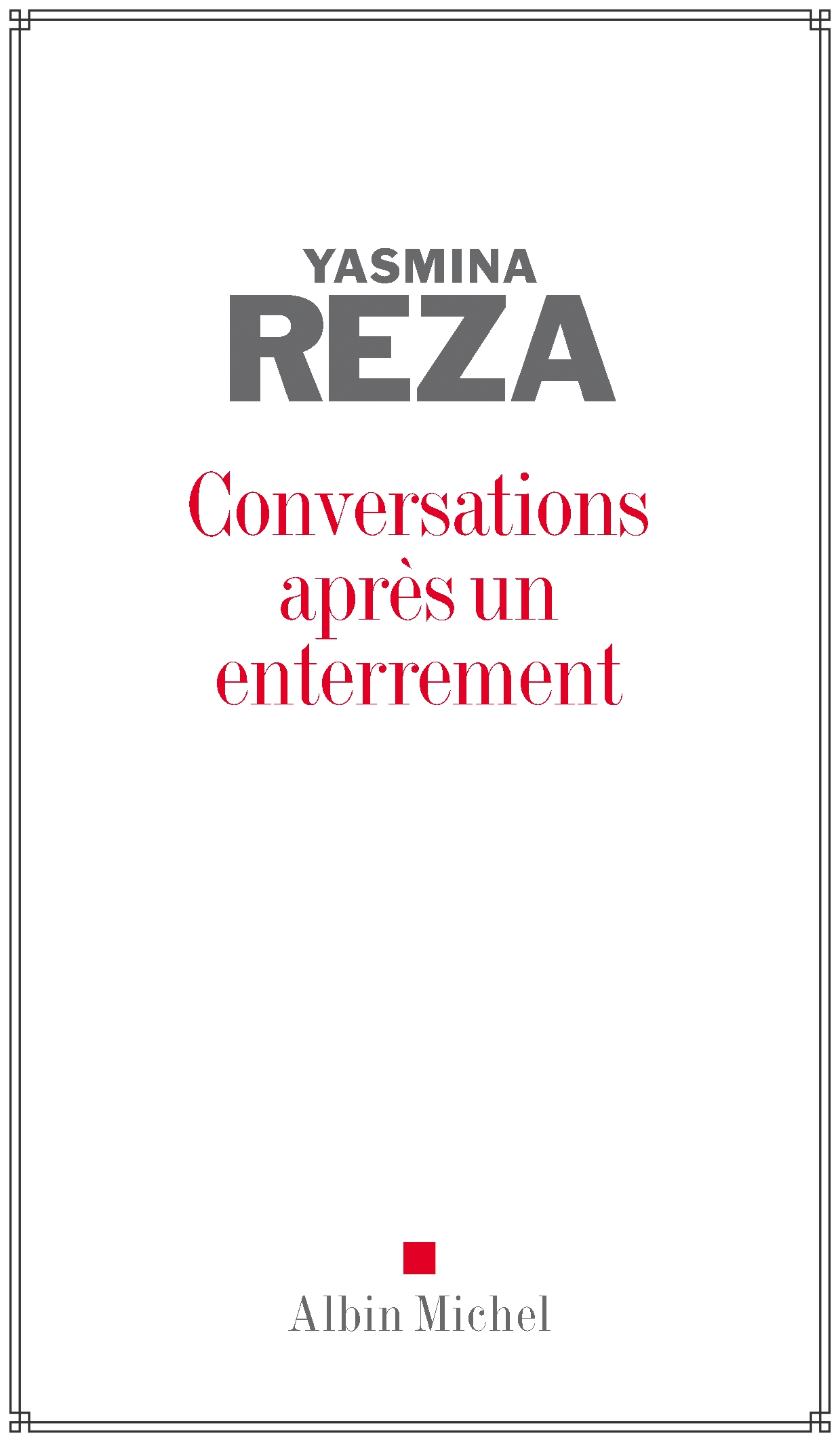What do you think?
Rate this book


72 pages, Paperback
First published January 1, 1987
ALEX: Mais moi j'ai envie que tu me dises que je vais le revoir! Merde, c'est simple, c'est net, j'ai envie que tu me dises: «Oui. Tu vas le revoir.» J'ai besoin de ça! C'est con, c'est ce que tu veux, mais j'ai envie d'entendre, j'ai envie qu'on me dise: «Oui. Tu le reverras!»Alex's conversation with his uncle was one of the strongest moments in the play. After the burial, Alex feels lost and is overcome by guilt and grief. He confides in his uncle and tells him that as his father lay dying, he never found the right words to console him. He fears that his father died bitter, that his father died with little love and understanding of Alex and his lifestyle. He remembers a lot of their encounters and pleads with his uncle to tell him that he will eventually see his father again. He knows it's no use but he really needs someone to tell him that everything will be okay. His uncle is good at listening and eventually confesses that despite the fact that he's always seen as a man of "good humor", no one will cry at his grave the way that Alex is crying right now at the grave of his father. It's a chilling moment that reveals so much. About Pierre. But also about the impact that Simon left on the lives of his children.
ALEX: Je n'ai rien à dire. Je n'ai jamais eu rien à dire. Comment écrire lorsqu'on n'a strictement rien à dire?At one point, he asks himself the exact question that I am always asking myself: How can you write when you have absolutely nothing to say? Towards the end of the play, he comes to the conclusion that writing means going somewhere people don't go (“C'est exactement ça écrire, aller quelque part où on ne va pas…”), it's about exploring something of worth that hasn't been explored before. And that also means being honest with yourself. So, even though Alex did some really shitty things, I still liked following him on his journey of self-revelation after his father's death.